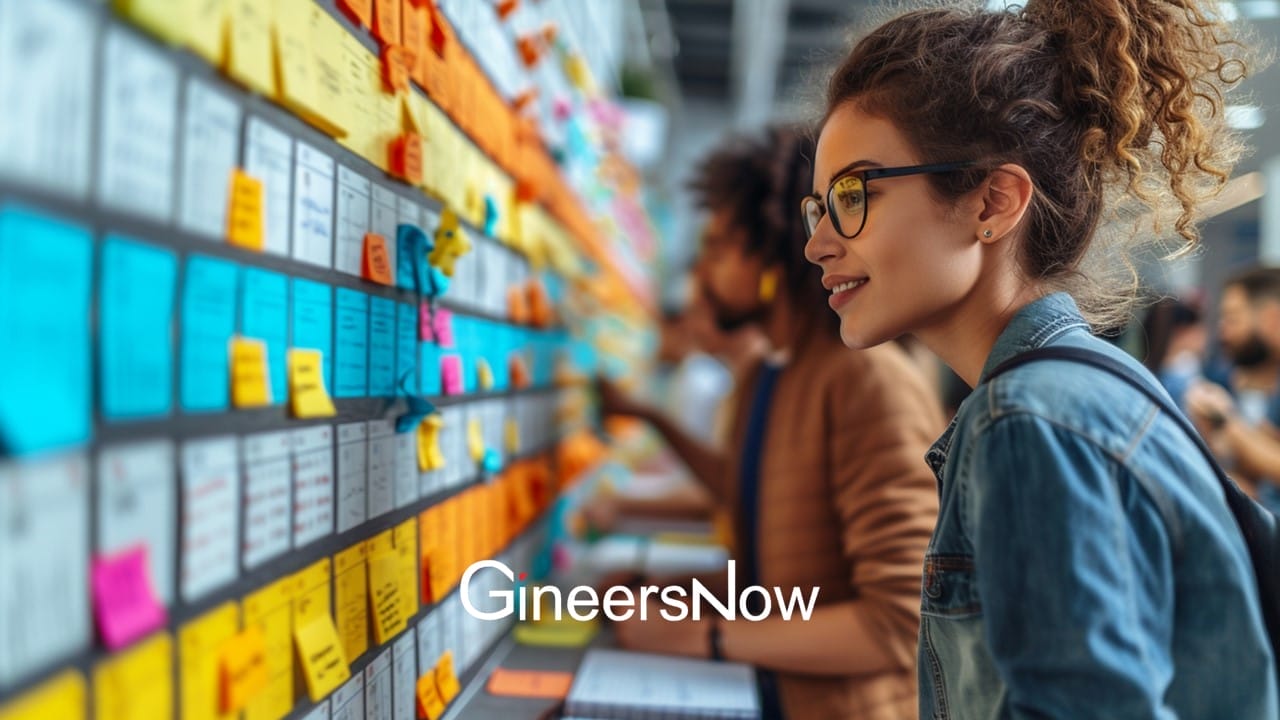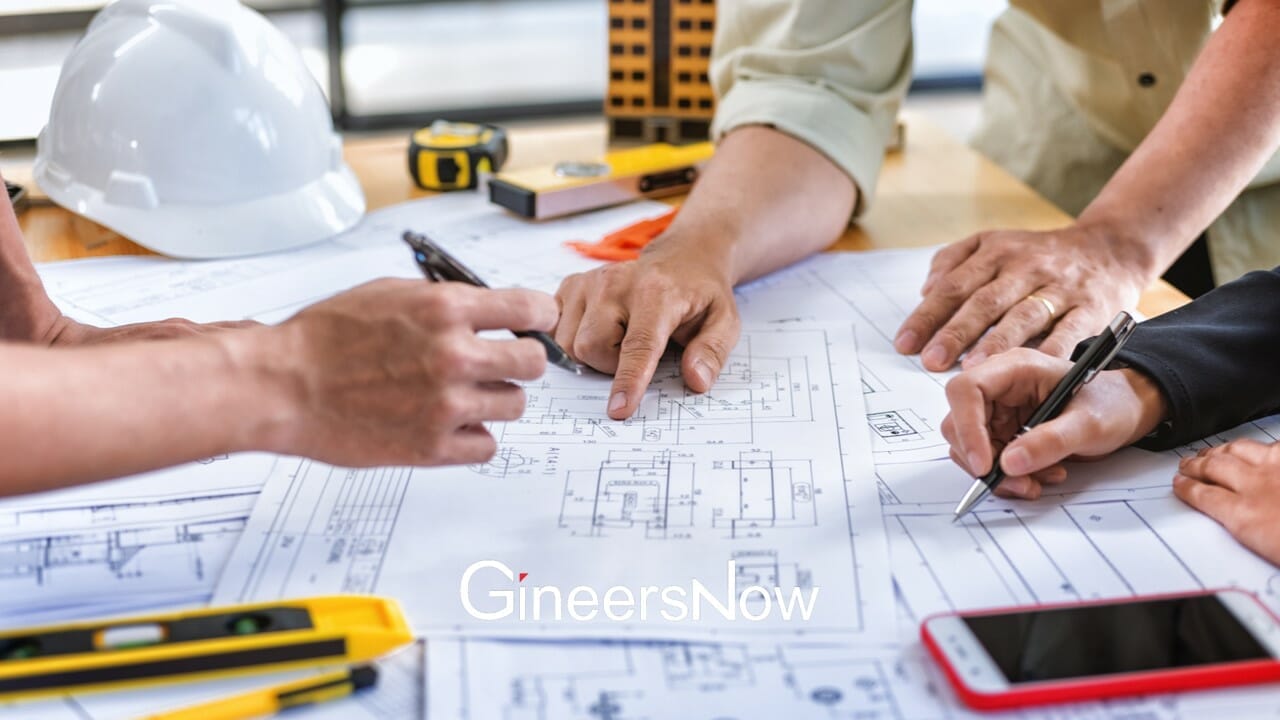Today’s fast-evolving business environment makes employee development no longer a luxury but an imperative. Companies that foster an environment conducive to lifelong learning empower their workforce with skills necessary for survival and prosperity. Research shows that retention is 34% higher when employees have access to professional development options.
However, one-size-fits-all approaches to training often fail to produce the desired results. Customized initiatives tailored specifically for individual needs and career objectives offer greater employee engagement while creating lasting impacts that have real-life applications.
Tailor Development Based on Individual Strengths
At the core of any effective training program is an understanding of employee needs derived through a training needs analysis (TNA). In essence, TNA is an assessment process that seeks to uncover any skills or knowledge gaps that are impeding performance or career advancement for teams or individuals.
Information gathered through TNA serves as the basis for developing a targeted development plan, aiming at uncovering specific deficiencies while capitalizing on existing strengths. The TNA process often utilizes various approaches—performance reviews, skill assessments, and individual discussions among others—in creating such plans.
Consider using a training needs analysis template as a means of streamlining data collection and analysis. Such templates consist of an easy-to-follow table format with columns dedicated to employee names, the roles the employees currently hold, and skill gaps identified among them. By collecting such details systematically, organizations can gain invaluable insights that lead to tailored programs that meet employee demands more precisely.

Align Training Objectives With Company Goals and Open the Gateway to Success
Personalized training goes beyond simply filling skill gaps; it should also align with the overall objectives of an organization and create effective development plans that bridge individual growth with business goals. Aligning training to company needs ensures that any skills acquired translate directly to tangible benefits for the company.
For example, if one of your company objectives is to increase customer satisfaction, conducting a training needs analysis might reveal an urgent requirement for better communication skills among customer service reps. Customized training programs that emphasize active listening techniques, empathy development, and conflict resolution strategies could then be devised. Aligning individual development with company objectives ensures that training investments directly contribute to reaching strategic objectives.
Develop Your Learning Ecosystem: Offering Solutions to Personal Growth
A personalized training program should offer its employees more than a single training course. Instead, it should offer opportunities to build an entire ecosystem of development prospects. Employees could choose among instructor-led training, online courses, on-the-job mentoring opportunities, and self-directed learning options to find what fits them best in terms of style and preference.
By having multiple learning modalities at their disposal, employees have more freedom in selecting the option that best matches their learning styles and preferences. For instance, employees who prefer classroom settings might benefit from instructor-led training; on-the-job shadowing or mentoring might prove more fruitful for someone who learns better through doing.
Furthermore, offering self-directed learning opportunities empowers employees to take ownership of their professional development while creating an atmosphere of continuous knowledge sharing and expansion.
Measuring Impact to Ensure Development
Design and evaluation are crucial components of an effective training program to guarantee personalized initiatives achieve desired results. Regular assessments should take place for the optimal success of such initiatives.
Organizations can accomplish this through various techniques. Pre- and post-training assessments, performance reviews, and employee surveys all offer insight into whether employees gained the desired skills and knowledge from training or programs. By comparing data collected before and after a program’s impact on employee development, decision-makers can assess its influence. Additionally, employee feedback offers further insight into the effects of the training.
Moreover, by measuring impact systematically, organizations can identify areas for improvement, refine training approaches accordingly, and ensure personalized development programs lead to lasting positive changes within their workforces.
The Final Say
Customized training initiatives can make an impactful statement about an employer’s commitment to employee development. Through careful needs analysis, organizations identify specific skill gaps that need addressing. This is done with tailored training programs targeted at filling employee development needs.
Employee development programs must be carefully tailored to company goals to ensure newly acquired skills can directly contribute to business objectives. Furthermore, organizations must provide an inclusive learning ecosystem featuring various modalities to meet individual learning styles and preferences.
By gathering employee input and analyzing data, organizations can monitor the success of training programs by continuously refining their approach and making adjustments that bring lasting change for individuals and staff members alike. A proactive approach equipping workforce members with the skills necessary to navigate dynamic environments will propel long-term organizational success.














